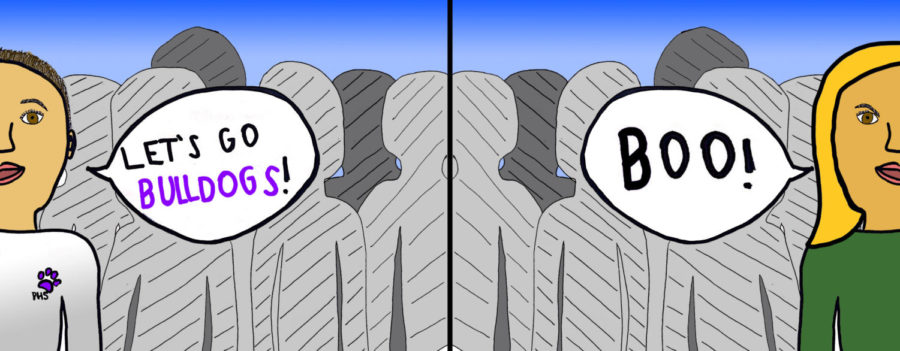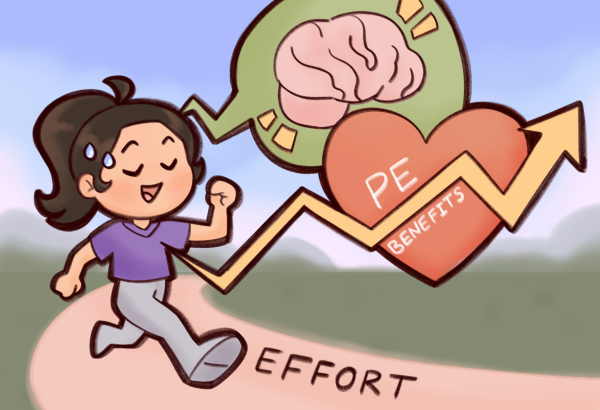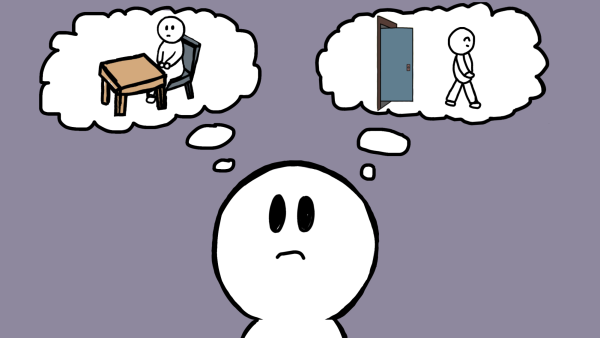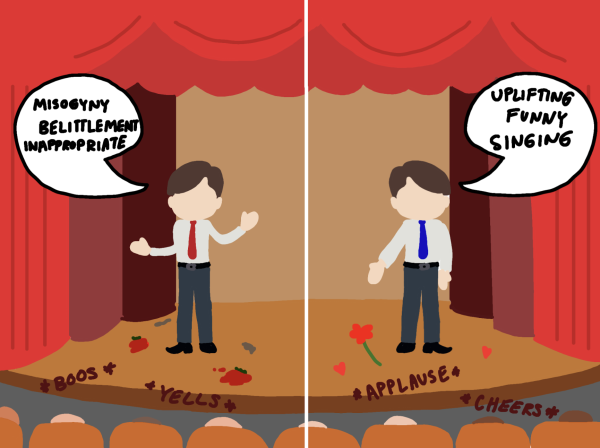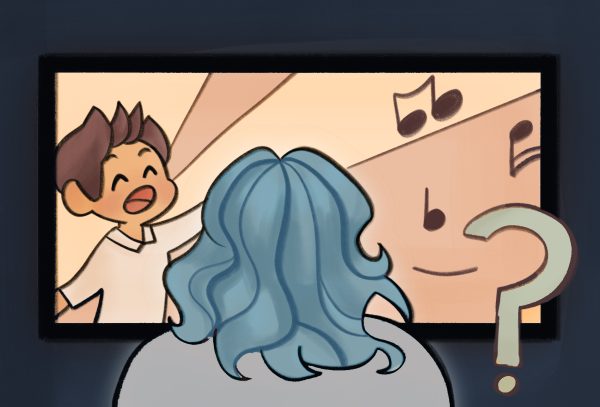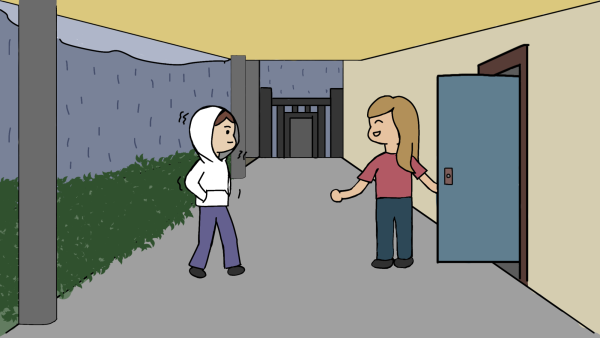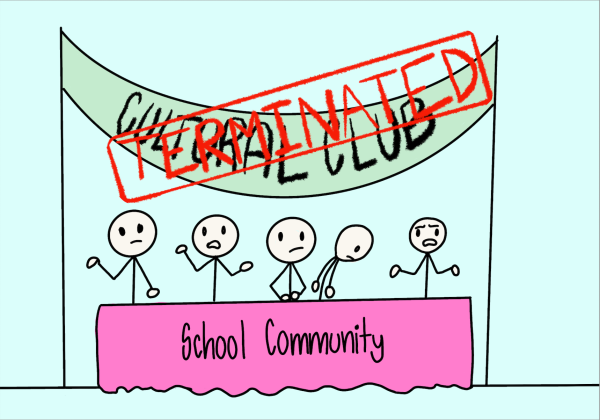Bulldog Barks Can Get Too Loud
March 13, 2019
High school sporting events are times of unity within the student body; nothing can beat a loud crowd after our teams make a stunning play. Although it is acceptable and encouraged for an audience to scream, jump and cheer for its team, taunting and putting the opposing team down is when the line is crossed.
According to an interview with clinical psychologist Dr. Richard published on NBC News, “when your team wins or is playing well, your brain starts releasing the neurotransmitter dopamine.” This is what triggers the feeling of pleasure and ease. The article also states that when the team is doing poorly “your brain produces cortisol, a hormone made in your adrenal glands that your body releases when you’re under stress.” The feelings that occur then trigger how the audience responds externally.
These actions naturally contribute to the fulfillment of a high school sports event, but even then students are caught saying phrases that are derogatory. The audience in a sporting event should be loud and maintain a positive attitude, but should not go as far as taunting the opposing team.
In the article “A History of Fatal Sports Fan Violence” written by Complex mentions different times a fight between fans of opposing teams erupted. In May 2014, a fight between two baseball fans led to the tragic death of Jonathan Denver, who was a Dodgers fan that got into a brawl with Michael Montgomery, a Giants fan. However, this occurrence isn’t unfamiliar in sporting events.
In August 2012, an act of gun violence sprung after a soccer game in Brazil that killed 21 year old Tomas Coelho. Times like these, students need to take into consideration when deciding to get into a altercation with the an opposing team.
Athletic director Dr. Katherine Levensailor says students should be uplifting, positive and encouraging when our team is doing well or poorly.
“Sometimes [the crowd] can be a little funny, which helps build the and they also feed off of how the team is performing,” Levensailor said. “Even if the team isn’t doing well, they are still cheering them on and encouraging them in the right direction.”
Some sports that tend to be less rowdy, such as tennis, track or cross country, do not require a loud crowd; in fact, tennis does not allow cheering during a match.
With this in mind, students in the audience can cheer for their team loud and proud, but taunting and diminishing the opposing team is when it goes too far. Instead, students should uplift their team when a game goes bad, and continue to encourage them instead of putting down the other side.



